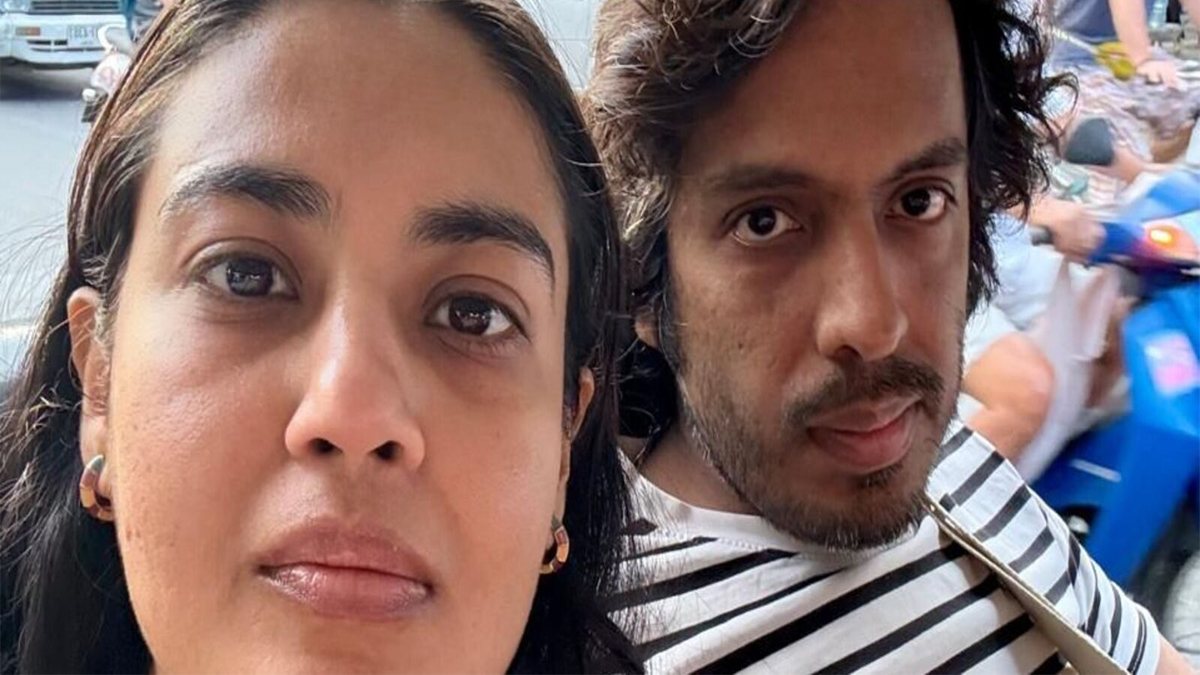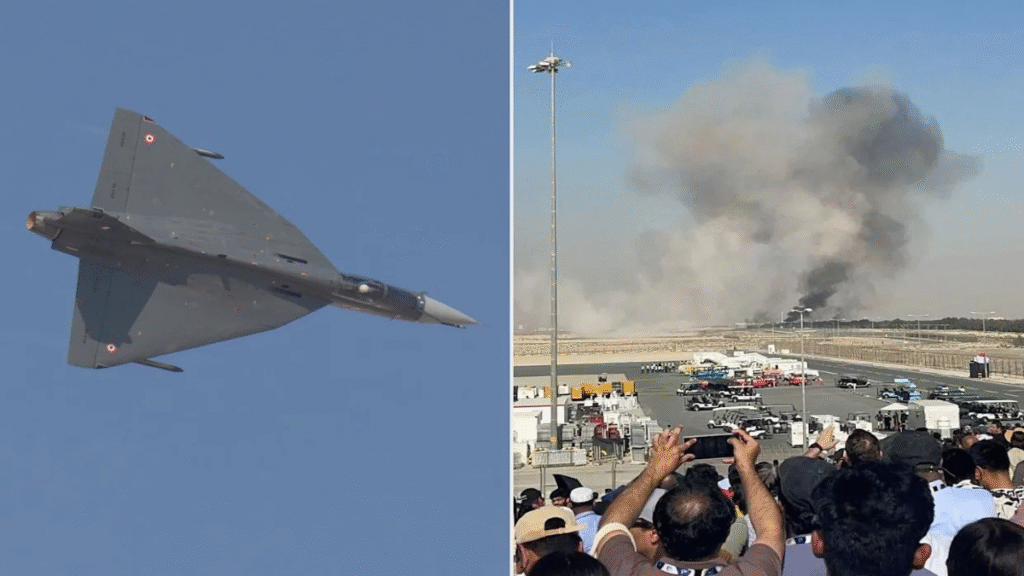Now Reading: Mumbai to Bangkok: Why Clean Air Trumped Corporate Success
-
01
Mumbai to Bangkok: Why Clean Air Trumped Corporate Success
Mumbai to Bangkok: Why Clean Air Trumped Corporate Success

New Delhi, November 22, 2025: In a digital age often defined by the relentless pursuit of scale and success, the conversation around true quality of life is growing louder. For many Indian entrepreneurs, the megalopolis of Mumbai has long been the ultimate launchpad. But for Rikki Agarwal, Co-Founder and CBO of the prominent digital agency Blink Digital, the city that fostered his entire adult life eventually became a source of profound unease, culminating in a dramatic cross-continental move.
His recent candid revelation on LinkedIn—which quickly went viral—detailed the moment he decided to leave Mumbai for Bangkok, Thailand. The reason wasn’t a lucrative tax break or a global business expansion, but something far more elemental: the simple desire to “live better.”
When Success Isn’t Enough
Agarwal, who grew up in the smaller, cleaner environment of Sikkim before moving to Mumbai for engineering, openly credited the city with giving him his career, his company, and his identity. Yet, as he crossed the 40-year mark, a fundamental disconnect emerged between his professional accomplishments and his personal well-being.
He articulated the dilemma that resonates with millions of urban Indian professionals: “India has everything I need to build a business. Nothing I need to live well.”
This realization hinged on a handful of crucial, deteriorating factors—the very basics of existence. The core of his decision can be summarized by the viral quote: “Air I can breathe without checking AQI,” and “Food that’s actually fresh.”
For a founder who spent decades navigating the hyper-competitive waters of India’s commercial capital, the final straw was the toll that unchecked urban growth was taking on his health and peace of mind.
The Price of Broken Systems
Agarwal’s list of grievances went beyond just environmental concerns. It painted a picture of a city where citizens spend valuable energy and money compensating for systemic failures. In his Bangkok apartment, he found an infrastructure that “just works.” In Mumbai, he felt his hard-earned capital was being spent on mitigating the city’s deficiencies—buying air purifiers, installing soundproofing, and battling daily traffic chaos.
He cited simple, yet crucial, quality-of-life improvements he found in Thailand:
- Sleep that’s not interrupted by traffic at 2 AM.
- Infrastructure that just works.
- Money that improves my life instead of compensating for broken systems.
The move was five years in the making, but the transformation was instantaneous. While his daily routine remains essentially the same—”Gym. Office. Home.”—the quality of that routine has undergone a drastic revision. The absence of chronic urban stress has unlocked a healthier, more balanced existence.
A Reflection of a Broader Trend
Agarwal was clear that his decision wasn’t about abandoning India; it was about choosing a metropolitan area that “doesn’t punish me for wanting a healthy, simple life.”
His powerful post has ignited a fiery debate among India’s urban workforce, validating a growing sentiment that the traditional trade-off between career prosperity and personal well-being is no longer acceptable. As conversations around work-life balance and environmental health gain urgency, the founder’s story serves as a powerful testament to a new wave of migration.
For high-performing professionals, success is increasingly measured not just in balance sheets, but in basic biological needs: clean air, nourishing food, and functional infrastructure. Rikki Agarwal’s relocation is a clear signal that for the modern elite, the most valuable amenity a city can offer is a life that is, fundamentally, easy to live.










